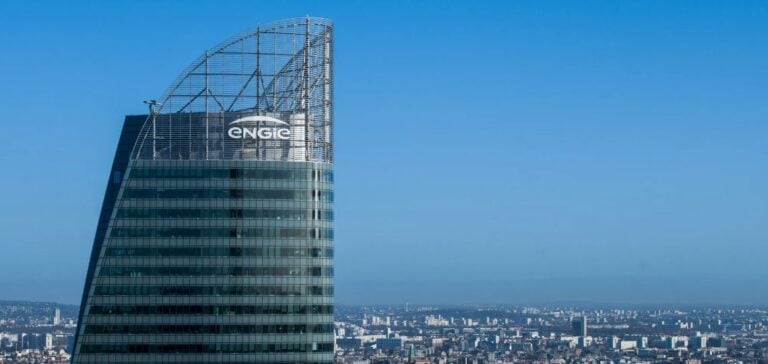Europe is on track to meet its greenhouse gas emissions reduction targets by 2030, the French energy company Engie announced in a report published on Tuesday. The “Fit for 55” plan, aimed at a 55% reduction in emissions compared to 1990 levels, relies primarily on proven technologies such as solar power, wind energy, and electric vehicles. However, the energy transition must accelerate to ensure carbon neutrality by 2050.
According to Engie, Europe must reduce its emissions by 4% annually until 2050, compared to the 2% annual reduction recorded between 2010 and 2020. “To preserve its sovereignty and competitiveness, Europe must speed up its energy transition,” said Catherine MacGregor, CEO of Engie, emphasizing the importance of systemic transformation at the European level.
A technological challenge for 2050
While current technologies are more than sufficient to achieve the 2030 goals, the prospect of carbon neutrality by 2050 depends on innovations still in the testing phase. Sectors such as maritime and air transportation, as well as heavy industry, will require large-scale solutions that are not yet operational.
Engie also highlights the substantial investment needs in decarbonized infrastructure and equipment, such as energy-efficient building renovations and increased electric vehicle fleets. These investments, although significant, will gradually be offset by savings on fossil fuel imports.
Manageable economic impact
Engie estimates that the net cost of the energy transition will represent 1.8% of Europe’s GDP between 2025 and 2030. This percentage is expected to decrease, reaching 1.5% between 2031 and 2040, and 1% between 2041 and 2050. These costs, although substantial, are manageable according to the group, especially when compared to the economic consequences of inaction. Engie estimates the cost of inaction at approximately 10% of GDP for each additional degree of global warming.
In a context where energy independence has become a strategic priority, Europe could reduce its reliance on fossil fuel imports through this transition. Simultaneously, the implementation of green technologies is expected to enhance the continent’s economic resilience.
With concerted efforts and increased cooperation among member states, Engie underscores that Europe has the means to achieve this major energy transformation while addressing urgent climate imperatives.






















